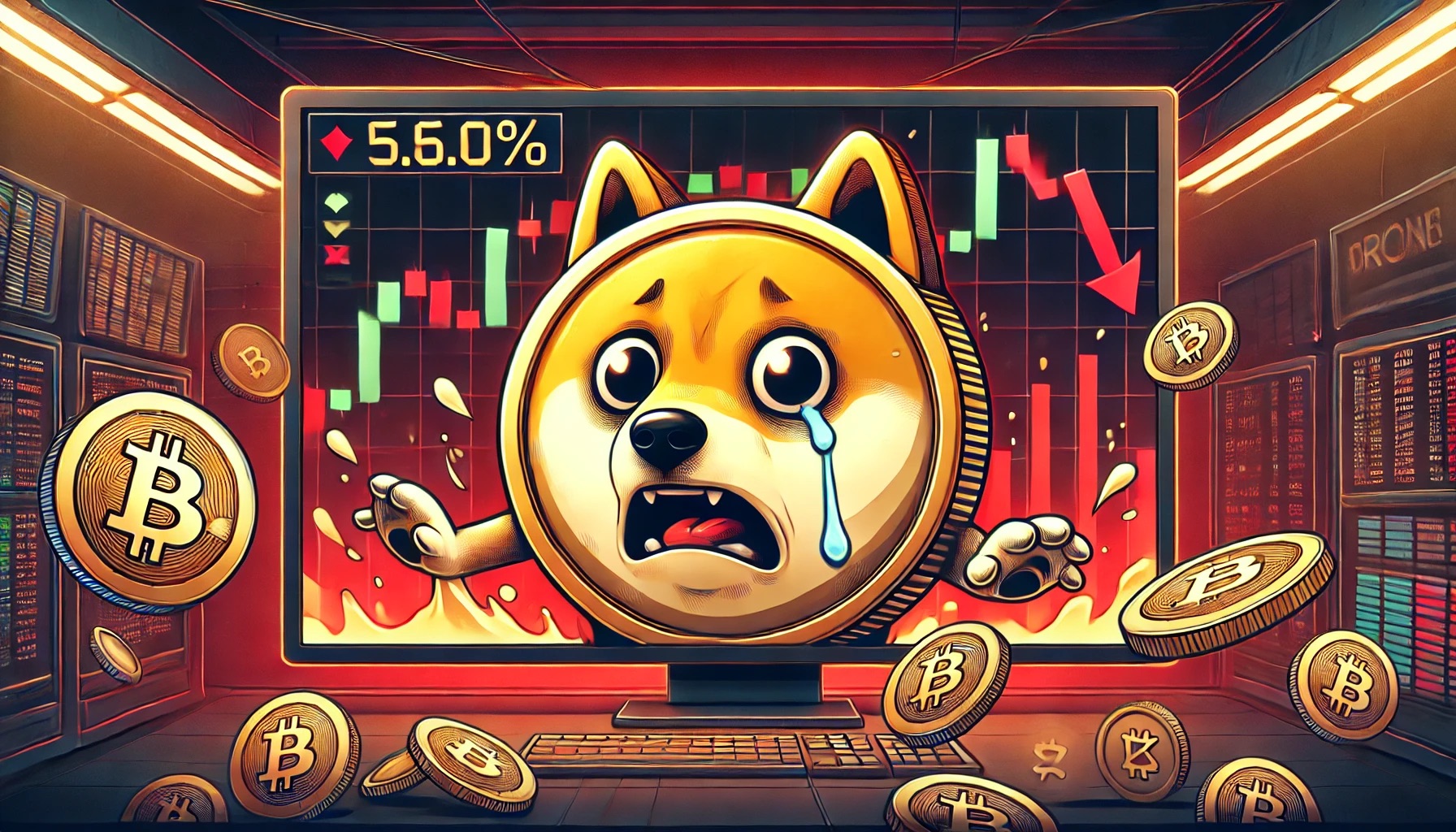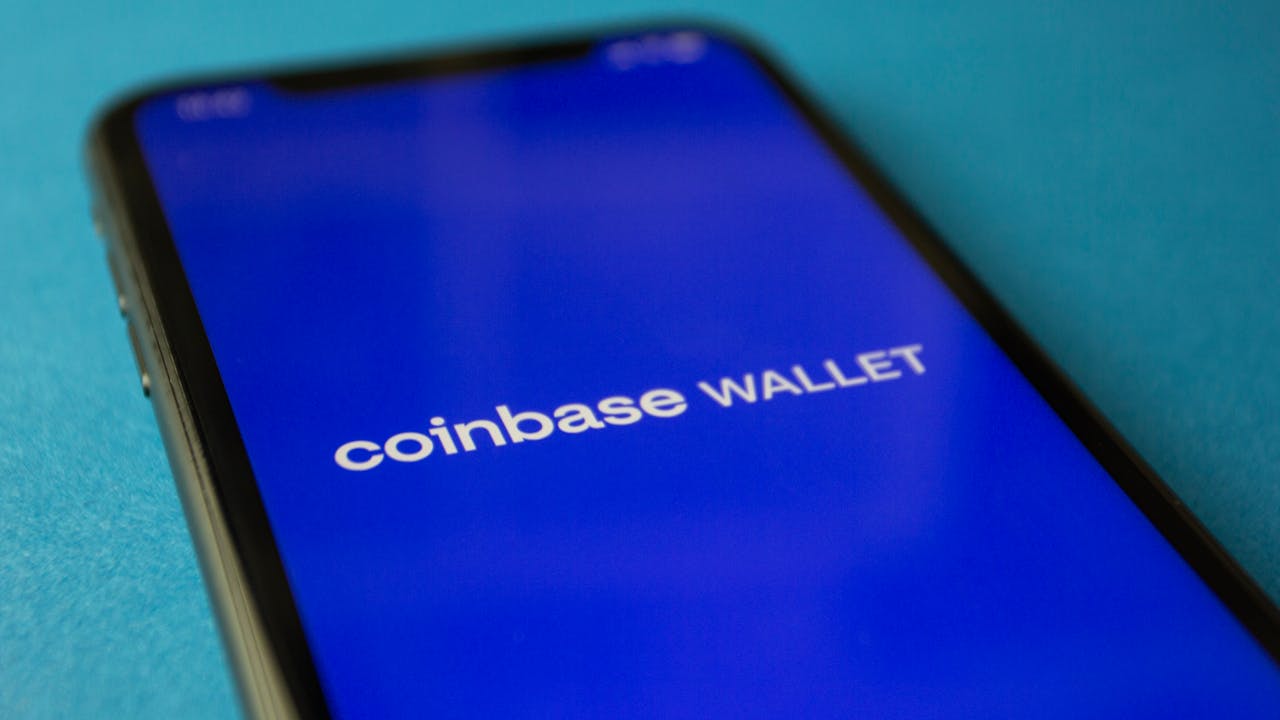Crypto exchange Ice3x officially announced that it will permanently shut down its operations as it starts liquidation proceedings. The move came just weeks after the South African platform suspended Bitcoin (BTC) and Litecoin (LTC) withdrawals.
“We regret to inform you that the platform will not return to operation and that we have been advised to initiate liquidation proceedings,” Ice3x posted on its website on April 6, 2021.
The crypto exchange announced that the withdrawal function has already been disabled. “All withdrawals from the platform have been disabled, and we have processed the withdrawals which have already been submitted via the form today, manually,” Ice3x added. “We currently have no withdrawal requests pending for any currencies other than BTC and LTC.”
The platform also asked its clients not to vent their frustrations to its staff who are doing their best to give assistance to customers. Users can also opt to send their concerns via their website help.ice3.com or through email at [email protected].
“Please be conscious of the fact that staff are operating under extreme pressure at the moment, and can only provide assistance as directed,” the exchange said. “We understand your frustration but please be respectful when communicating with service desk staff.”
In an update posted on April 8, Ice3x confirmed that all crypto withdrawals, except for Bitcoin and Litecoin, that were requested via its online form have already been processed. The exchange’s remaining assets are now held in trust by Manong Badenhorst Attorneys and liquidation proceedings have started.
There are speculations that Ice3x’s decision to suspend crypto trading on the platform on March 16 may have been caused by liquidity challenges, according to Bitcoin.com. An Ice3x client reportedly told a local media outlet that the “stop losses on his order did not execute at his desired trigger price, but instead executed far lower” when Bitcoin’s price dropped. The report said that the incident hints at “a lack of liquidity on the platform required to buy up stop orders of that nature.”

























Comment 7